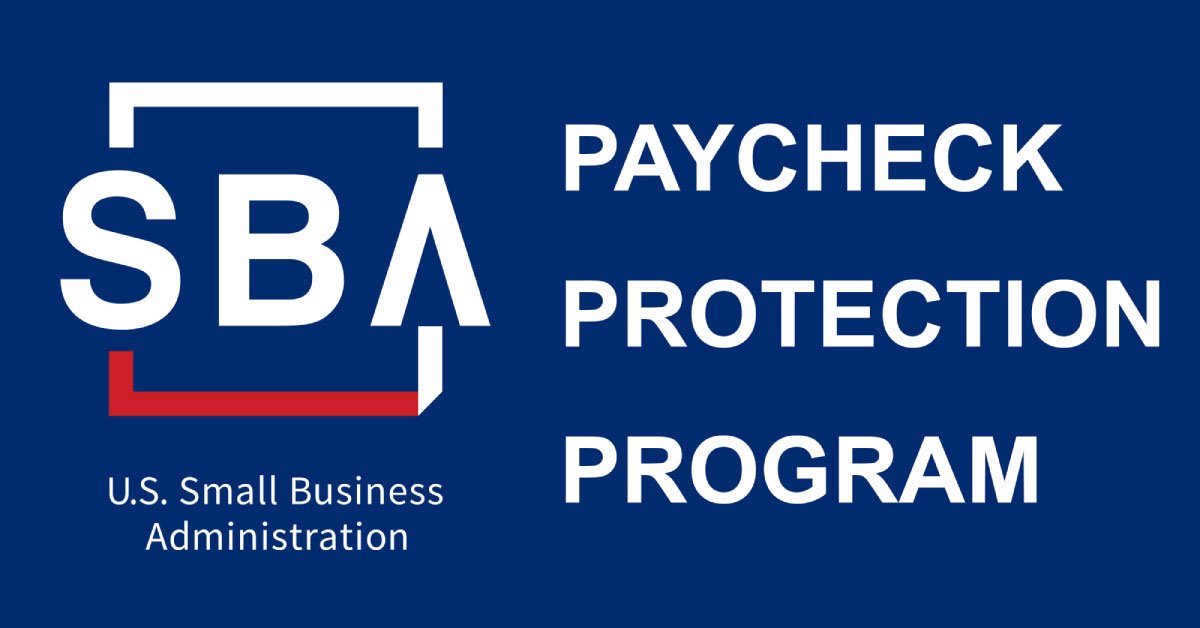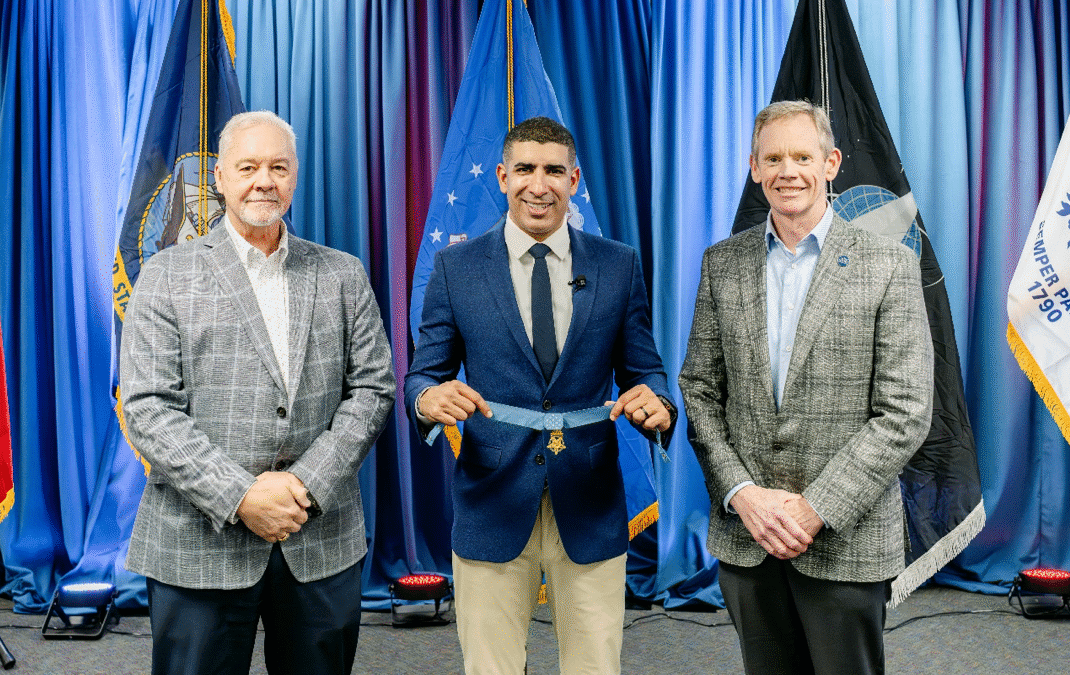[adrotate banner=”33″]
On Dec. 27, 2020, Congress passed legislation that cleared up questions regarding the previous round of Payroll Protection Program loans, commonly referred to as PPP, and making available a new round of PPP loans.
The new legislation made it abundantly clear that forgiveness of a PPP loan is not taxable, and the related expenses paid with those funds are deductible. This was specifically outlined in the legislation because the IRS, shortly after the first round of PPP was approved, ruled that the expenses paid with PPP loan proceeds, to the extent the PPP loan is forgiven, are not deductible. Again, this new legislation cleared up that much needed point of confusion among taxpayers.
The legislation also provides for a much-needed new round of PPP loans. To be eligible for this new round of PPP loans, a business must have 300 or fewer employees and suffered a revenue reduction of more than 25 percent in any quarter in 2020 compared to that same quarter in 2019. If the business qualifies, it may be entitled to a PPP loan equal to 2.5 months of average payroll for 2019 or 2020, whichever is more.
[adrotate banner=”34″]
Businesses in the accommodations and food service industries (Generally those businesses with a NAICS code that begins with a 72) are entitled to a loan equal to 3.5 months of average payroll for 2019 or 2020, whichever is more.
The loan will be forgiven if the business spends at least 60 percent of the loan amount on payroll over the eight-week or 24-week period after the loan is received. Each business may elect which time period to be subjected to, and that election can become critical when loan forgiveness is applied for.
One of the criteria for forgiveness is that businesses generally must maintain the same number of employees at end of the eight-week or 24-week period as they had at the beginning. The other 40 percent of the loan proceeds can be spent on employee health benefits, mortgage interest, utilities, rent, and other expenses that are essential to business operations. That last criteria is a very broad category and did not exist in the first round of PPP. This round is more generous and much easier to be forgiven. As with the first round, forgiveness is non-taxable, and the expenses paid with the loan proceeds are deductible.A business can apply for a PPP loan through an SBA-approved bank or other SBA-approved lending institution. A quick call to your local banker is the first step. Most likely a business’s local bank will be able to handle the PPP application and subsequent forgiveness. Do not hesitate to apply.
Richard Rhoden, CPA
[adrotate banner=”33″]









